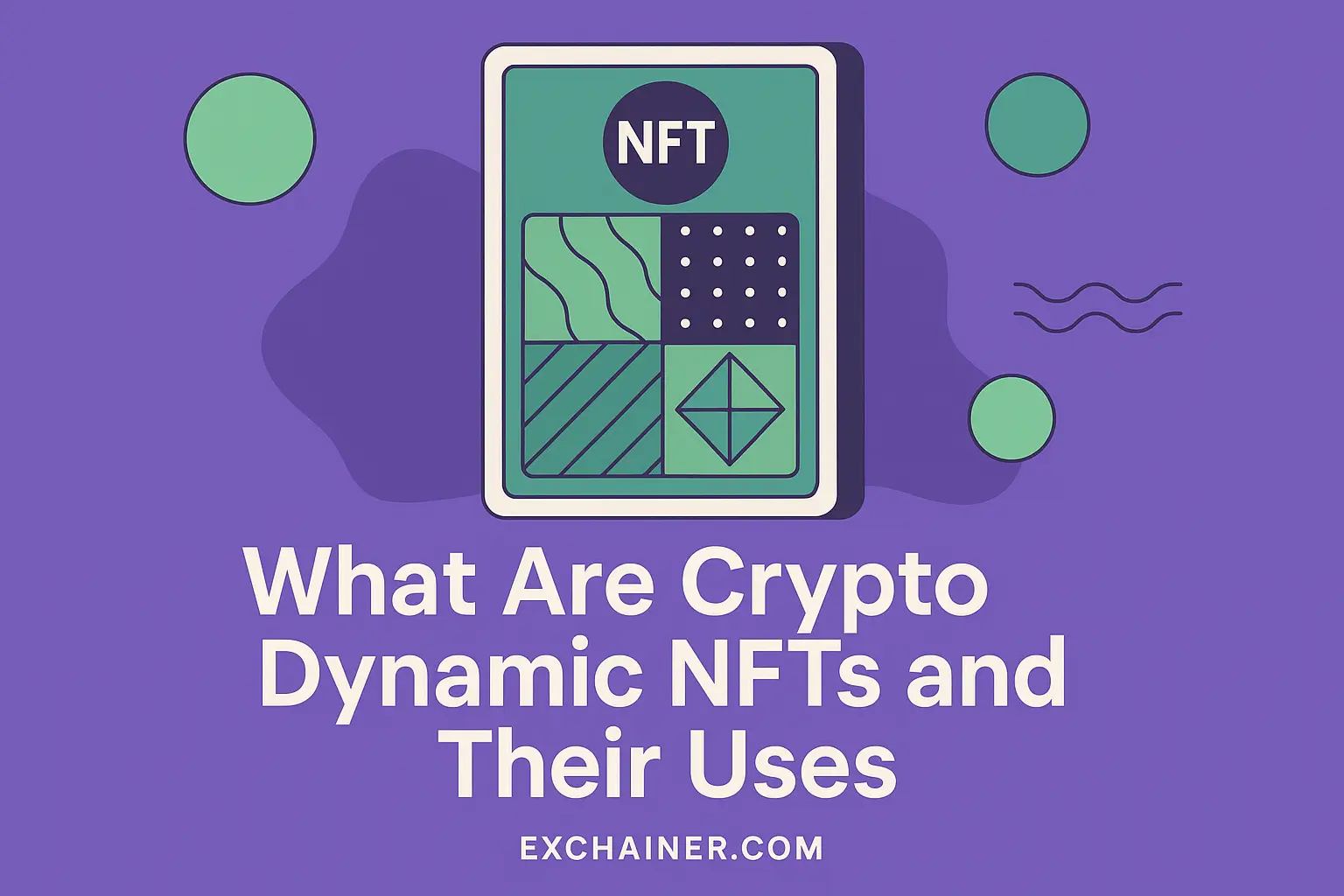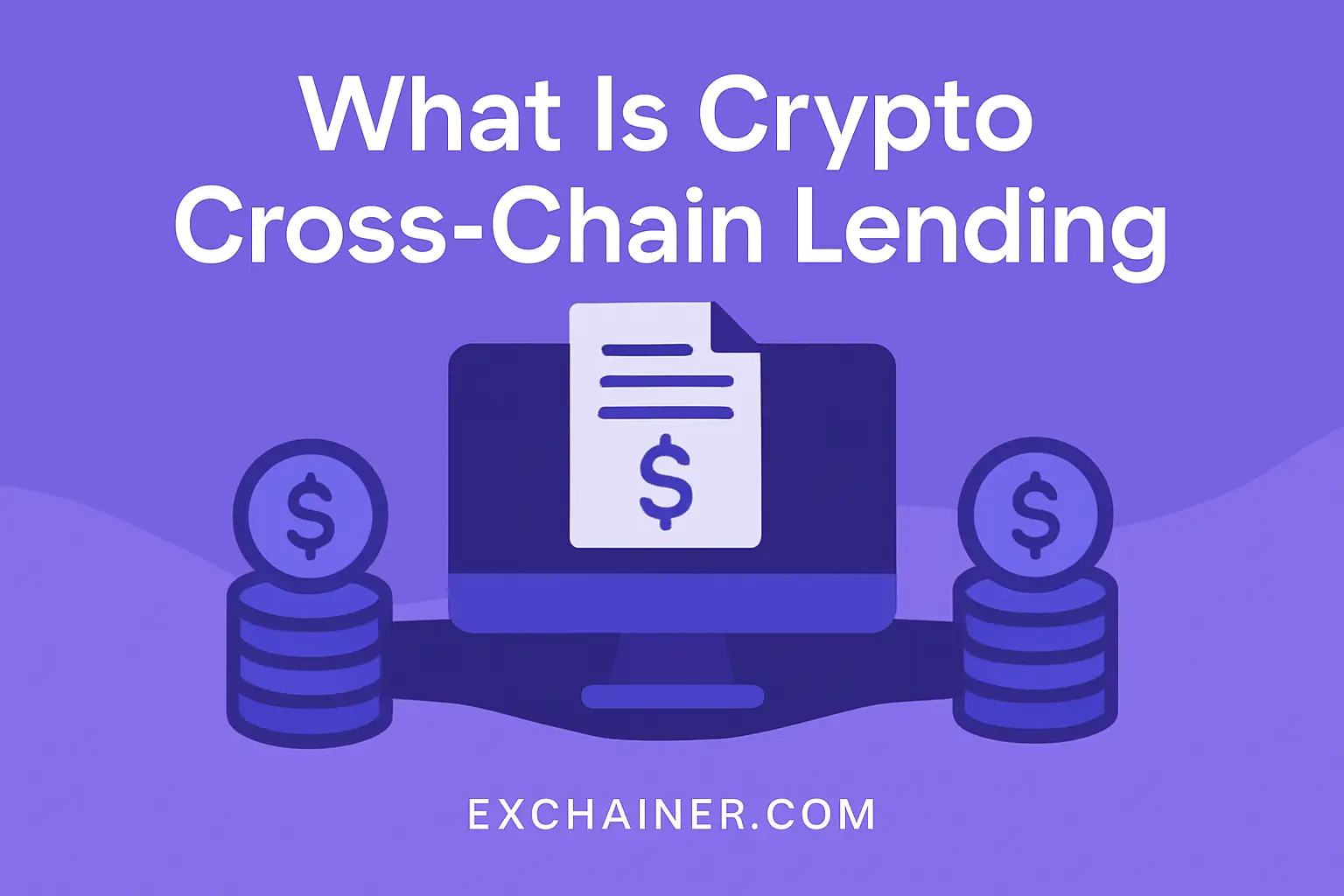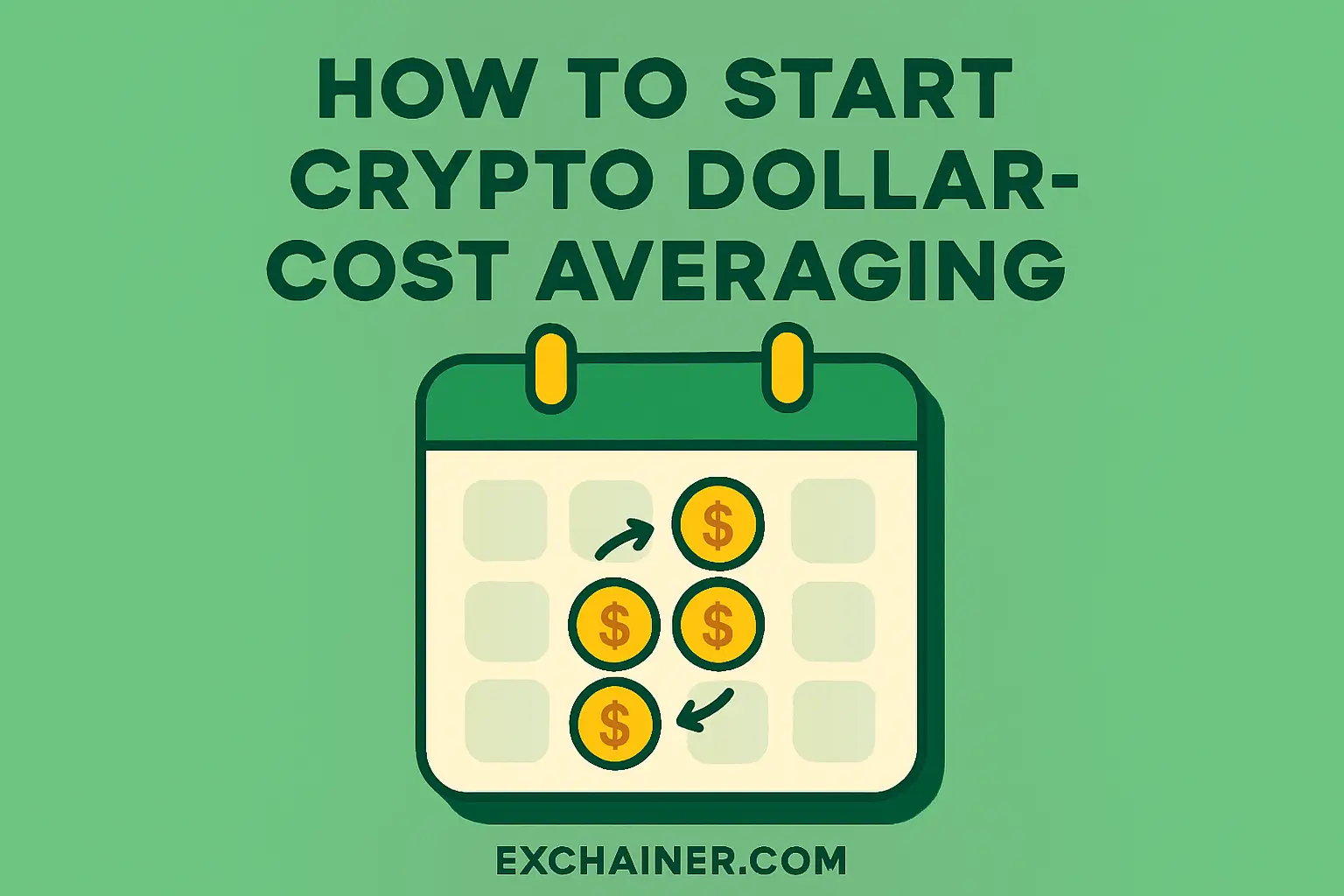Managing crypto debt responsibly is crucial in today's dynamic cryptocurrency landscape, where the potential for enormous gains coexists with significant risks. With the increasing popularity of digital currencies like Bitcoin and Ethereum, many individuals find themselves navigating the complexities of debt incurred through trading and investment activities. Understanding how to manage crypto debt effectively is essential not only for seasoned traders but also for those who are just stepping into the exciting world of cryptocurrencies. In this comprehensive guide, we will break down crypto debt, offer practical strategies to manage it, and help you navigate financial decisions confidently.
Understanding Crypto Debt
Crypto debt can arise in various ways. One of the most common channels is through margin trading, where investors leverage borrowed funds to enhance their potential profits on trades. While this can magnify returns, margin trading also poses a significant risk. If a trade doesn’t perform as expected, you could find yourself owing more than your initial investment, thrusting you deep into debt. In fact, research has shown that many inexperienced traders get caught in this cycle, resulting in substantial losses and stress.
Additionally, tax implications of trading cryptocurrencies can lead to unexpected debt. Many jurisdictions require you to report gains from crypto trades, and failing to comply could result in hefty tax obligations. For instance, if you’ve made gains from buying and selling cryptocurrencies and haven't reported them, you might face penalties that contribute to your overall debt burdens.
Understanding these dimensions is critical. By recognizing how crypto debt is formed, you can take actionable steps toward responsible management.
Practical Strategies for Managing Crypto Debt
Managing crypto debt involves a mix of practical financial strategies and risk awareness. Here are some effective approaches to consider:
Assess Your Financial Situation
Before engaging with cryptocurrencies, it’s essential to have a well-rounded view of your financial health. Here’s how to get started:
- Budgeting: Create a detailed budget that outlines your income, expenses, and existing debts. This will provide a clearer picture of how much you can afford to invest in cryptocurrencies without jeopardizing your financial stability.
- Set Investment Limits: Use this budget to determine a safe amount for crypto investments. A general rule of thumb is to invest only what you can afford to lose.
By having a clear financial map, you'll be able to make proactive decisions instead of reactive ones when the market fluctuates.
Risk Management
Managing risk is crucial in the notoriously volatile crypto markets. Here are some strategies that can help:
- Market Orders and Stop-Loss Orders: Utilize stop-loss orders to automatically sell your crypto at a predetermined price. This can help limit your losses during downturns and protect your investments.
- Diversification: Invest in a variety of cryptocurrencies rather than putting all your funds into one. This will spread out your risk since not all assets will react similarly in market shifts.
- Stick to Your Plan: Set clear goals for when you'll sell and how you'll respond to market changes. This will help prevent emotional decision-making that can lead to increased debt.
Implementing robust risk management techniques ensures you can navigate market volatility without succumbing to significant financial strains.
Tax Compliance
Figuring out taxes can be daunting, especially as regulations on cryptocurrency trading continue to evolve. Here are steps to maintain compliance:
- Stay Informed: Create an account with a cryptocurrency tracking tool or app to monitor your transactions and potential tax obligations. This can save you from unexpected surprises in the future.
- Consult a Professional: If you're uncertain about the tax implications of your crypto activity, seek guidance from a tax professional familiar with cryptocurrency regulations in your area. They can help ensure you're meeting your obligations and avoid tax-related debt.
Maintaining tax compliance not only helps you steer clear of penalties but also contributes to responsible financial management.
Debt Consolidation and Negotiation
Should you find yourself overwhelmed with debt, consider these options:
- Debt Consolidation: This involves combining multiple debts into a single loan, usually at a lower interest rate. This strategy simplifies payments and can make managing your obligations more manageable.
- Negotiation with Creditors: Don’t hesitate to discuss your financial situation with creditors. They might be more willing to negotiate repayment terms or agree to lower interest rates, easing your monthly obligations.
These strategies can create pathways for managing and reducing your financial burdens effectively.
Emergency Funds
Establishing an emergency fund is a cornerstone of responsible financial management, particularly in the unpredictable world of crypto. Here’s how to build yours:
- Set a Savings Goal: Aim for at least three to six months’ worth of expenses that can cover unexpected costs without leading you to more debt.
- Automate Savings: Consider setting up automatic transfers to a savings account specifically for emergencies. This strategy ensures that you regularly contribute even when you're busy.
By having an emergency fund, you'll be less likely to dip into your investments or rely on credit in times of need.
Using Crypto to Offset Debt
Interesting possibilities exist if you consider using cryptocurrency as a means to offset your debts. Here are a couple of strategies to explore:
Investing in Crypto
Investing in promising cryptocurrencies can potentially yield high returns. Here's what you can do:
- Identify Good Investments: Do your research on various currencies. Look for indicators of growth potential, such as market cap, project development, community backing, and utility.
- Sell to Pay Off Debt: When your investments appreciate, you can sell a portion to pay down existing debts. This approach may be akin to using profits from stocks to reduce overall financial obligations consciously.
By actively managing your asset portfolio, you can work toward financial balance.
Direct Payment with Crypto
While still not widespread, some creditors and lenders now accept cryptocurrency as a form of payment. Here’s a quick overview:
- Check for Crypto-accepting Creditors: Research if any creditors accept direct crypto payments. This can streamline your payments and potentially protect against fluctuations in fiat currency.
Understanding the landscape of crypto payments can open opportunities for utilizing your assets creatively.
Case Studies and Legal Considerations
It's worth mentioning the role of litigation and how cryptocurrency assets are treated legally in cases of insolvency. A few key points include:
- Creditor Rights: In the case of insolvency, creditors may have the rights to access your cryptocurrency assets. However, gaining access often requires cooperation from the debtor, as these assets are typically secured through personal wallets.
- Legal Complexity: Engaging in legal proceedings with creditors can be costly and intricate, particularly because cryptocurrency regulations vary widely. Having a professional advisor or attorney knowledgeable about cryptocurrency laws can be an invaluable asset.
Understanding these legal aspects ensures you're prepared to navigate potential repercussions tied to your financial decisions with cryptocurrencies.
Conclusion
Successfully managing crypto debt is a balancing act that combines financial acumen, strategic planning, and effective management methods. By assessing your financial situation, employing risk management strategies, ensuring tax compliance, and establishing emergency funds, you position yourself to maintain stability in the volatile crypto landscape. Remember that being informed and proactive in your financial decisions is key. Whether you're a seasoned investor or just embarking on your crypto journey, incorporating these principles will not only guide you in managing debt but will also help you navigate the dynamic world of cryptocurrencies smartly.
For those looking to expand their knowledge further, I invite you to explore the myriad of resources available on Exchainer.com. Delve into our detailed guides in the Crypto 101 section, delve into the latest Exchange Reviews, stay updated with our current News, and discover valuable Tools and Wallets to advance your crypto journey today!












